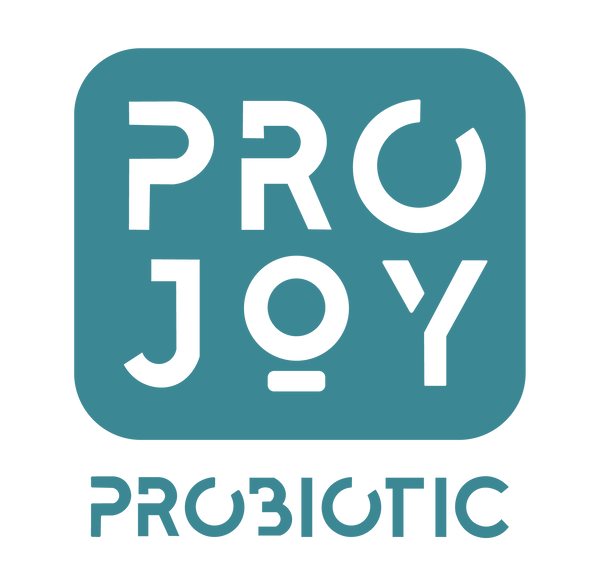
Managing Metabolic Disorders with Probiotics: Improving Digestion and Boosting Immunity Naturally
Share
Metabolic disorders are a group of medical conditions that affect the body's ability to convert food into energy. These disorders can result in a variety of symptoms, including fatigue, weight gain, and muscle weakness. While there are many different types of metabolic disorders, some of the most common include diabetes, metabolic syndrome, and fatty liver disease.
One potential treatment for metabolic disorders is the use of probiotics. Probiotics are live microorganisms that are similar to the beneficial bacteria found in the human gut. By supplementing the body's natural bacteria with probiotics, it may be possible to improve digestion, boost the immune system, and even reduce inflammation.
In this blog post, we'll take a closer look at some of the most common metabolic disorders and explore how probiotics may be able to help.
Common Metabolic Disorders
-
Diabetes
Diabetes is a metabolic disorder that affects how the body uses insulin to process glucose (sugar). There are two main types of diabetes: type 1 and type 2. Type 1 diabetes is an autoimmune condition that occurs when the body attacks and destroys the cells in the pancreas that produce insulin. Type 2 diabetes is a chronic condition that occurs when the body becomes resistant to insulin or doesn't produce enough of it.
-
Metabolic Syndrome
Metabolic syndrome is a cluster of conditions that occur together and increase the risk of heart disease, stroke, and diabetes. These conditions include high blood pressure, high blood sugar, excess body fat around the waist, and abnormal cholesterol levels.
-
Fatty Liver Disease
Fatty liver disease occurs when fat builds up in the liver. This can lead to inflammation and damage to the liver, which can impair its ability to function properly. There are two main types of fatty liver disease: nonalcoholic fatty liver disease (NAFLD) and alcoholic fatty liver disease (AFLD).
How Probiotics Can Help
While the exact mechanisms behind how probiotics can help with metabolic disorders are still being studied, there is some evidence to suggest that probiotics may be beneficial for managing these conditions. Here are some of the ways that probiotics may be able to help:
Probiotics may be able to help improve digestion by promoting the growth of beneficial bacteria in the gut. This can help to break down food more efficiently and reduce the risk of digestive problems like bloating, gas, and constipation.
Probiotics may also be able to boost the immune system by stimulating the production of antibodies and other immune cells. This can help to prevent infections and reduce inflammation in the body.
Inflammation is a key contributor to many metabolic disorders. Probiotics may be able to help reduce inflammation in the body by suppressing the activity of pro-inflammatory cells and promoting the activity of anti-inflammatory cells.
Some studies have suggested that probiotics may be able to help improve glucose control in people with diabetes. This may be due to their ability to reduce inflammation and improve insulin sensitivity.
Finally, some research has suggested that probiotics may be able to help improve liver function in people with fatty liver disease. This may be due to their ability to reduce inflammation and promote the growth of beneficial bacteria in the gut.
Conclusion
While probiotics are not a cure for metabolic disorders, they may be a useful addition to a comprehensive treatment plan. By improving digestion, boosting the immune system, and reducing inflammation, probiotics may be able to help manage some of the symptoms associated with these conditions.
If you're interested in trying probiotics to manage a metabolic disorder, be sure to talk to right probiotics.
Additionally, it's important to note that probiotics are not a one-size-fits-all solution. Different strains of probiotics can have different effects on the body, so it's important to choose a probiotic that is tailored to your specific needs.
In conclusion, probiotics may offer a natural and potentially effective way to manage some of the symptoms associated with metabolic disorders. By promoting healthy digestion, boosting the immune system, and reducing inflammation, probiotics may be able to offer some relief to those struggling with these conditions. And if you're looking to try probiotics for yourself, be sure to consult with your doctor to ensure that it's a safe and appropriate option for you.
Interested in trying probiotics to manage metabolic disorders, here you can get it👇👇👇
